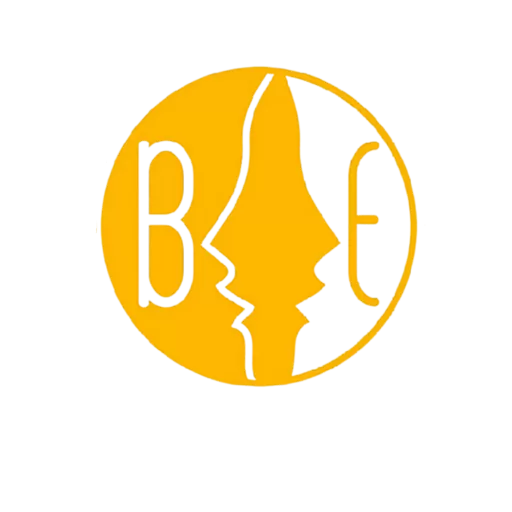Gary Didier Perez emerged as a luminous talent in Haitian music during the late 1980s, captivating audiences with his distinctive voice and artistic versatility. Born from a generation shaped by cultural shifts and musical evolution, Perez’s journey began during his high school years at New Bird College, where he performed as a solo vocalist with the “Group of 12 Apostles.”
Between 1984 and 1987, Perez honed his craft, mastering multiple instruments, including bass, violin, drums, and keyboard. However, it was his powerful and elastic voice that truly set him apart. As a founding member of the groundbreaking band Zenglen, alongside Jean Brutus Dérissaint and maestro Patrick Martinau, Gary helped redefine Haitian music. Their debut album, An Nou Alèz, introduced timeless tracks such as Fidel, Michaela, Tanbou Nou, and Trayizon, which became anthems of the era and cemented Zenglen’s legacy as pioneers of modern Haitian music.
Gary’s fame extended beyond Haiti, earning recognition and adulation in the West Indies, where his performances drew ovations and accolades. Despite his success, the journey was not without challenges. Perez parted ways with Zenglen at the height of his popularity, navigating professional and personal changes. Briefly joining Mizik Mizik and declining an offer from Boukman Eksperyans to replace Eddy François, Gary ventured into a solo career with his band Ozone. The group’s album Rache Pikan showcased his resilience and artistic innovation but faced difficulties in sustaining momentum due to industry challenges.
In pursuit of new opportunities, Perez relocated to the United States, first to Orlando and later to New York. There, he collaborated with various artists, established a recording studio in Brooklyn, and remained an active figure in the Haitian music diaspora. Despite efforts to revive Ozone, the rise of new musical trends made it challenging to reclaim his earlier prominence.
Settling in Georgia in recent years, Gary reconnected with audiences by performing with renowned acts such as Zin and others in the region. However, the COVID-19 pandemic disrupted his resurgence, adding to personal and professional setbacks.
In recent times, Gary Didier Perez has faced severe health challenges, including kidney failure, requiring extensive and costly treatment. Despite these adversities, Perez’s enduring spirit and contributions to Haitian music continue to inspire both his peers and fans.
Gary Didier Perez remains a celebrated figure in Haitian music history. His contributions, from his foundational role in Zenglen to his solo pursuits, have left an indelible mark on the Compas genre. Today, he stands as a symbol of resilience and dedication, embodying the soul and spirit of Haitian artistry.



